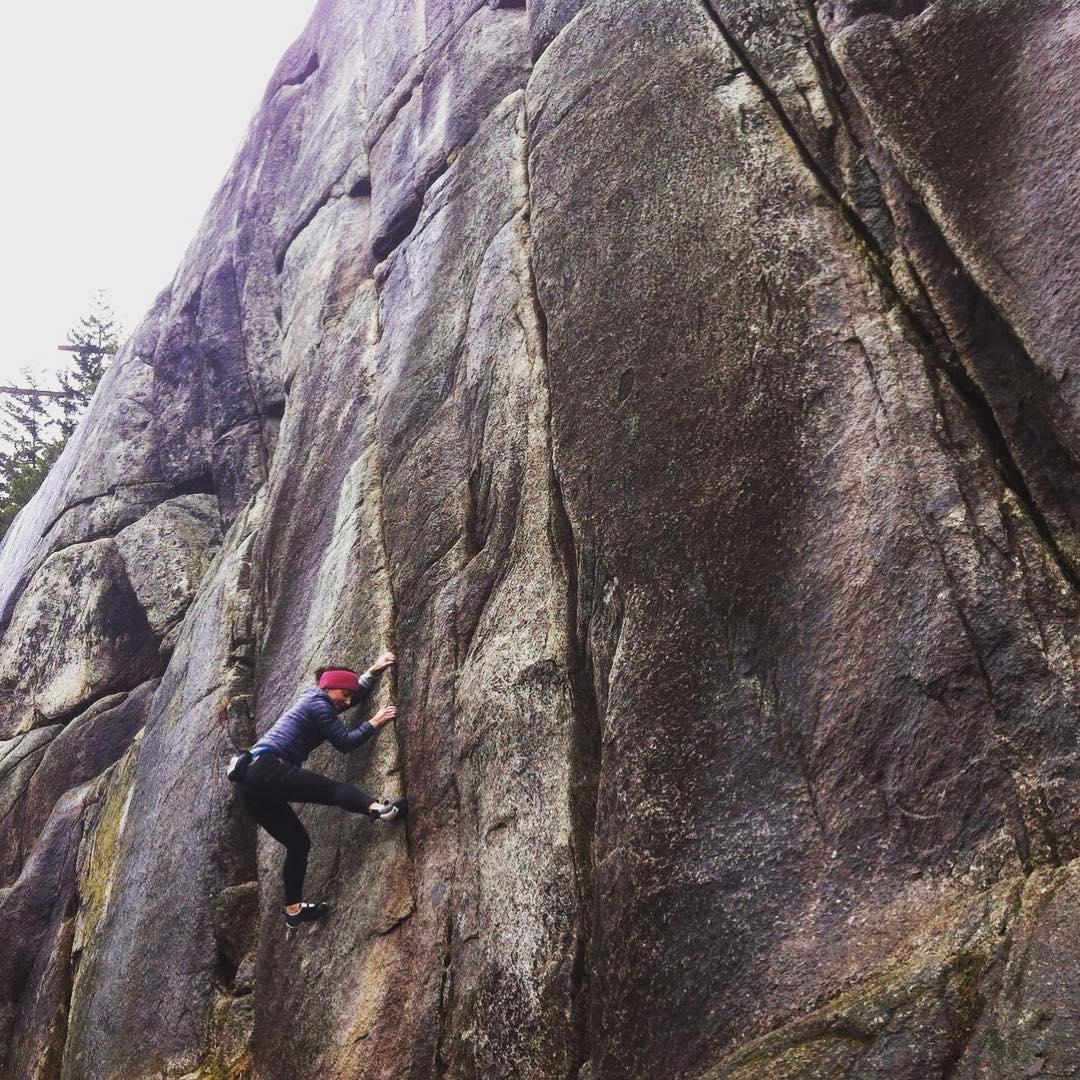Short CV
Caroline Linhart completed her Biology studies at the University of Vienna, earning her MSc in Ecology with a specialization
in water research and microbiology.
She gained initial experience as an ecologist through roles in various research institutions, including the Limnological Station Lunz/See and Wassercluster Lunz, as well as environmental authorities such as the Lower Austrian Environmental Protection Agency (NUA) and environmental companies like Blattfische and Technisches Büro für Gewässerökologie Wels, and Eb&P Umweltbüro GmbH, Klagenfurt. Her work was closely related to the EU Water Framework Directive (WFD), encompassing tasks such as the identification of bio-indicators (macrozoobenthos and algae), geodata collection, and water quality data analysis.
In 2011, she successfully completed her Master's degree, with a focus on pigment analysis (HPLC) of benthic algae and the autecology of the desmid oocardium stratum. Her affinity to data analysis gradually led her into the realm of statistics. For five years, she served as a university assistant at the Medical University of Innsbruck, where she was responsible for teaching statistics and programming.During her doctoral studies, she shifted her focus to epidemiology and ecotoxicology, earning her PhD in 2017.
As a postdoctoral researcher at the Department of Pharmacognosy in Innsbruck, she began collaborating with the Pesticide Action Network (PAN Europe) and the University of Applied Sciences in Vienna. This collaboration resulted in the publication of numerous articles on pesticide drift and contamination of non-target areas in South Tyrol, an area similar to Valais, Switzerland, known for its intensive apple and viticulture.
In 2020, she relocated to Switzerland, where she now works as an independent researcher, collaborating with colleagues from various universities.
After her role as an Epidemiology Analyst at Actelion, JnJ, Basel, Switzerland, she secured funding for her project on Pesticide Exposure of the Swiss Sensitive Population (PESSP) from the NGO Future3.0. This opportunity paved the way for her to establish her research company, allowing her to refocus her efforts on environmental science, public health, toxicology, and ecology.
She gained initial experience as an ecologist through roles in various research institutions, including the Limnological Station Lunz/See and Wassercluster Lunz, as well as environmental authorities such as the Lower Austrian Environmental Protection Agency (NUA) and environmental companies like Blattfische and Technisches Büro für Gewässerökologie Wels, and Eb&P Umweltbüro GmbH, Klagenfurt. Her work was closely related to the EU Water Framework Directive (WFD), encompassing tasks such as the identification of bio-indicators (macrozoobenthos and algae), geodata collection, and water quality data analysis.
In 2011, she successfully completed her Master's degree, with a focus on pigment analysis (HPLC) of benthic algae and the autecology of the desmid oocardium stratum. Her affinity to data analysis gradually led her into the realm of statistics. For five years, she served as a university assistant at the Medical University of Innsbruck, where she was responsible for teaching statistics and programming.During her doctoral studies, she shifted her focus to epidemiology and ecotoxicology, earning her PhD in 2017.
As a postdoctoral researcher at the Department of Pharmacognosy in Innsbruck, she began collaborating with the Pesticide Action Network (PAN Europe) and the University of Applied Sciences in Vienna. This collaboration resulted in the publication of numerous articles on pesticide drift and contamination of non-target areas in South Tyrol, an area similar to Valais, Switzerland, known for its intensive apple and viticulture.
In 2020, she relocated to Switzerland, where she now works as an independent researcher, collaborating with colleagues from various universities.
After her role as an Epidemiology Analyst at Actelion, JnJ, Basel, Switzerland, she secured funding for her project on Pesticide Exposure of the Swiss Sensitive Population (PESSP) from the NGO Future3.0. This opportunity paved the way for her to establish her research company, allowing her to refocus her efforts on environmental science, public health, toxicology, and ecology.
